
In male offspring, exposure to soy phytoestrogens before birth results in poor response to follicle stimulating hormone, also known as FSH. Although FSH is better known for its role in causing the maturity of the follicle that releases an egg at ovulation, this hormone also stimulates the hundreds of millions of "stalks" on which sperm mature. Male animals suffer a lifetime of poor fertility. All of these effects occur in the offspring of animals that are exposed to phytoestrogens before birth. But how do we know human babies would suffer similar effects? The fact is, scientists have not singled out soy phytoestrogens as the sole source of a veritable epidemic of reproductive abnormalities spreading around the world.
Other estrogen-like compounds, such as the herbicide atrazine, the bisphenol-A and octophenol used to make plastics, and the phthalates in plastic bottles all have an effect. There is a particular reason, however, to be very careful about using any kind of natural estrogen supplements during a woman's reproductive years. That is because accumulated small exposures actually do more damage than single large exposures to estrogen-like chemicals. There is simply no way to get a huge amount of soy phytoestrogens into the human body. The body can only assimilate the phytoestrogens in the equivalent of half an ounce (approximately 15 grams) of soy every 24 hours. These tiny doses of phytoestrogens disrupt normal hormonal cycles without the body ever getting a chance to recover, even more than, say, working on a cleanup crew after an oil spill--which is also very detrimental to health. If you are trying to conceive, just say no to natural estrogen supplements. Spare your child a lifetime of hormonal imbalances. Save natural estrogen supplements for menopause, when they can relieve symptoms without risk of harming the next generation.



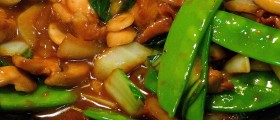
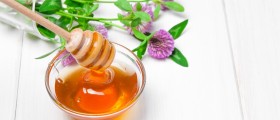

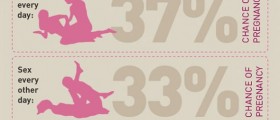

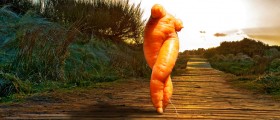
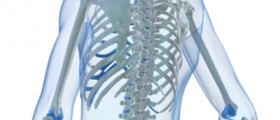

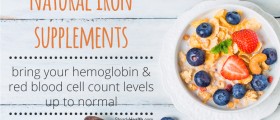
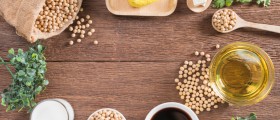
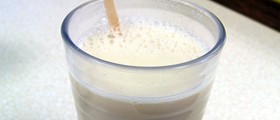



Your thoughts on this
Loading...